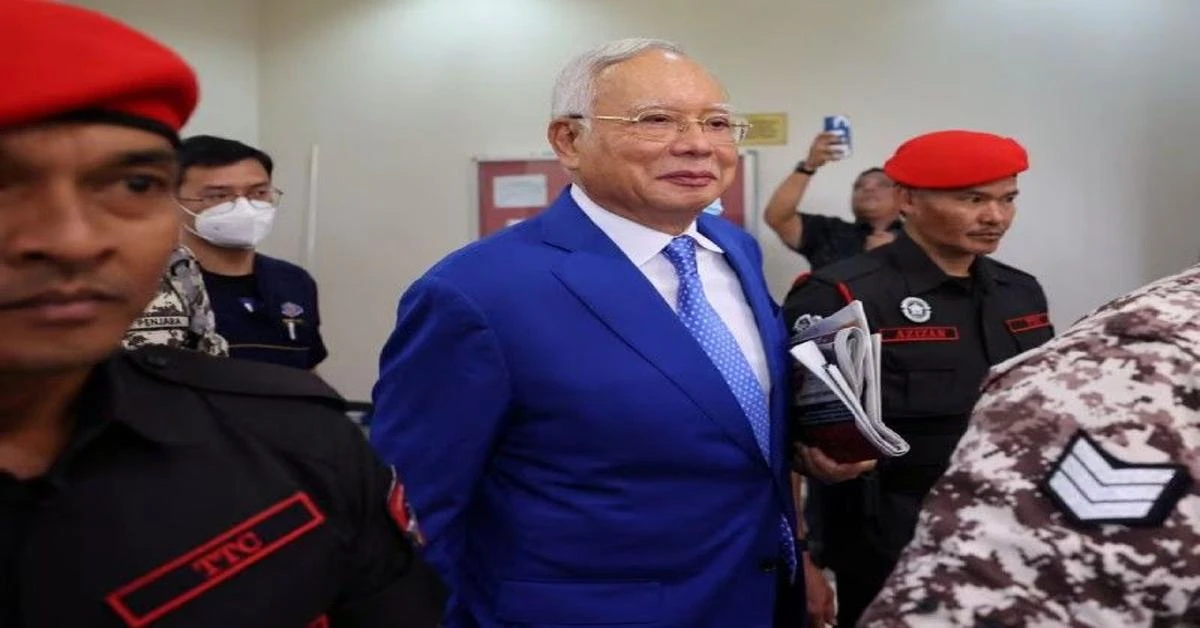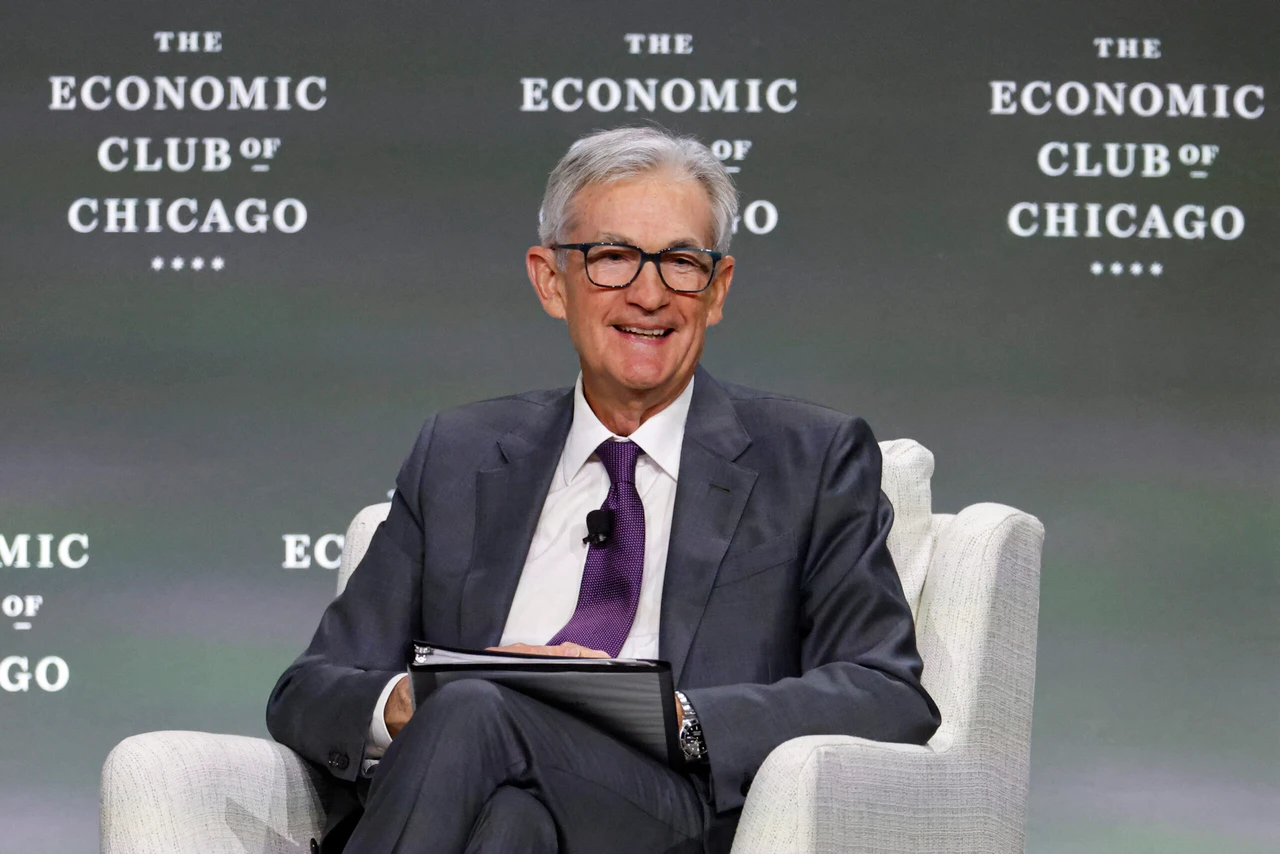Malaysia halves former PM Najib’s prison term

Malaysia has reduced the prison sentence of ex-Prime Minister Najib Razak, convicted for corruption and money laundering
Malaysia reduced the jail sentence of former Prime Minister Najib Razak, who was convicted of corruption and money laundering in connection with the multibillion-dollar state fund 1Malaysia Development Berhad (1MDB). This decision is expected to raise further doubts about Prime Minister Anwar Ibrahim’s commitment to combating corruption.
Anwar ran on an anti-corruption platform but formed a government with Najib’s corruption-tainted party, the United National Malays Organisation (Umno), after a hung parliament election in November 2022.
The reduction in Najib’s sentence has led to accusations that the Anwar administration is reversing reforms, especially after several corruption cases involving Najib and other Umno leaders were dropped last year.
Najib, who began serving a 12-year jail term in August 2022, will now be released in 2028, and his fines have been reduced from 210 million ringgit ($44.52 million) to 50 million ringgit, according to a statement from Malaysia’s Pardons Board on Friday.
The board, chaired by Malaysia’s king, did not provide a reason for cutting Najib’s sentence. It stated that if Najib failed to pay the reduced fine, an additional year would be added to his jail term.
The prime minister’s office and Najib’s representatives did not immediately respond to requests for comment.
Najib was convicted of corruption related to 1MDB, through which U.S. and Malaysian investigators believe 4.5 billion ($954 million) was embezzled, with over $1 billion channeled to accounts linked to the former prime minister.
After his conviction was upheld by Malaysia’s highest court, Najib applied for a royal pardon, becoming the first prime minister in the country’s history to be imprisoned.
Najib has consistently denied any wrongdoing, claiming he was misled by fugitive financier Jho Low and other 1MDB officials about the source of the funds, believing they were donations from the Saudi royal family. He is still on trial in several other cases related to corruption at 1MDB.
While Malaysia’s king has a mainly ceremonial role, the federal constitution grants discretionary powers to pardon convicted individuals. The pardons board, which advises the king, includes the attorney-general and government officials.
Najib’s pardon application was one of six reviewed on Monday by the board, chaired by Malaysia’s former king Al-Sultan Abdullah Ahmad Shah, according to its statement.
Al-Sultan Abdullah’s five-year reign under Malaysia’s rotating monarchy system ended on Tuesday. He was succeeded by Sultan Ibrahim Sultan Iskandar from the southern state of Johor.
Reports of the pardons board meeting earlier in the week had sparked speculation in the media, with one prominent Malay-language newspaper retracting a report that cited sources claiming Najib had been granted a full pardon.
Source: Newsroom



